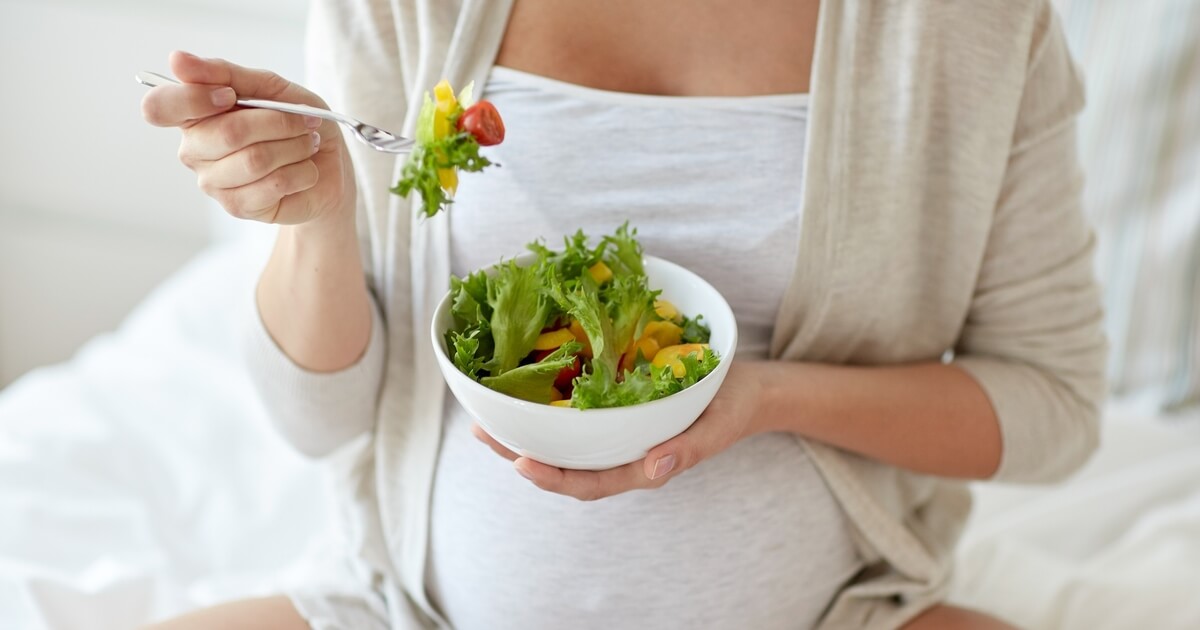You can’t describe how joyous it is to learn about your pregnancy. The joy comes along with feelings of anxiety, fear, and unpreparedness for what lies ahead. It’s easy to take care of yourself if you know what to do – from food to exercise, plenty of information can help you.
When you are pregnant, you need to know what you can and cannot eat. You may be disappointed if you enjoy coffee, sushi, or raw steak. When pregnant, you share whatever you eat with your growing baby. Even though you may not be affected by certain meals or types of contaminated food, your child could be. In the end, it’s your child’s health that matters most.
The majority of foods and beverages are generally safe to consume while pregnant. You should, however, avoid certain foods and drinks. As a means of helping you make safe and healthy food choices during pregnancy, we will discuss foods and drinks you should avoid. However, we recommend you regularly take Sambucus elderberry gummies to keep yourself and your baby in good health.
Foods & Beverages That Pregnant People Need to Avoid
Some of the foods and drinks that you need to avoid during pregnancy are:
-
Avoid Unpasteurized Foods
Unpasteurized or hard cheeses and dairy products are more likely to contain harmful bacteria. The same is true for juice that has not been pasteurized. All of these infections pose a risk to unborn children. Germs may have developed or been introduced during harvesting or preservation. Pasteurization is the best Physical Therapist & another method to eliminate harmful germs without affecting the nutritional value of food. Therefore, you should consume pasteurized milk, dairy products, and fruits to reduce your risk of illness.
-
Alcohol Consumption
Pregnancy is not the time to consume alcohol. Pregnant women who drink alcohol are more likely to experience a miscarriage or stillbirth. The development of your baby’s brain can be negatively affected by even a tiny amount of alcohol.
Besides facial deformities, heart defects, and intellectual disability, drinking alcohol during pregnancy can also cause fetal alcohol syndrome. As no level of alcohol is safe during pregnancy, it is recommended that pregnant women stay away from it entirely.
-
Don’t Eat Raw or Undercooked Meat
Raw or uncooked meat is more likely to contain parasites and bacteria. Your child may suffer from mental disabilities, epilepsy, vision problems, and seizures caused by bacteria. While most pathogens live on the surface of flesh, some may persist within muscles.
Don’t consume uncooked or undercooked meat. Many germs can enter these meats during their preservation and preparation process. Eat processed meat items only after thoroughly cooking them when pregnant.
It is hazardous to eat raw white meat. A bacteria, virus, or parasite could cause these illnesses. Most of these diseases cause dehydration and weakness. Some conditions can have dire effects on your unborn child.
Pregnant women are at risk of contracting Listeria. Plants, soil, or toxic water can harbor these bacteria. Grilling or drying raw fish can cause infection. A pregnant woman can transmit Listeria germs from her womb to her unborn child even if she doesn’t have the disease. Preterm birth, miscarriage, death, and other health problems may result. Therefore, you must avoid uncooked or raw seafood.
-
You Need to Avoid Raw Vegetables and Fruits
When you don’t wash or clean vegetables and fruits, parasites and germs can live on their surfaces. Contamination can occur at any stage: harvesting, preparing, storing, and shipping. Plants and fruits are susceptible to infection with a parasite called Toxoplasma. It may be harmful. Some people who get toxoplasmosis may develop flu-like symptoms after a month or longer of being asymptomatic. The symptoms of toxoplasmosis in babies are usually not present at birth. It is possible, however, to develop vision or mental problems later in life.
-
Make Sure You Don’t Consume too Much Caffeine
The standard recommendation for pregnant women is to consume no more than 200 milligrams of coffee daily. The womb readily absorbs caffeine. As a result of a lack of enzymes necessary to break down caffeine, newborns and placentas can accumulate high amounts of the substance. Caffeine consumption during pregnancy can lead to underweight babies and limit fetal growth.
An infant with low birth weight, defined as less than 5 pounds or 2.5 kilograms, has a greater chance of dying and suffering chronic health conditions as an adult. You should therefore keep track of how much coffee you consume. Instead of coffee, you should drink berry juices as they’ll be healthier for you and your baby. You can directly get the benefits of elderberry if you drink its juice.
Final Words
You must avoid foods and beverages that can potentially harm a pregnant woman or her unborn child during pregnancy. Moreover, to avoid unforeseen complications in the future, you should discuss your diet with your doctor beforehand. Remember that prioritizing your health is crucial because only a healthy mother can deliver a healthy baby.
